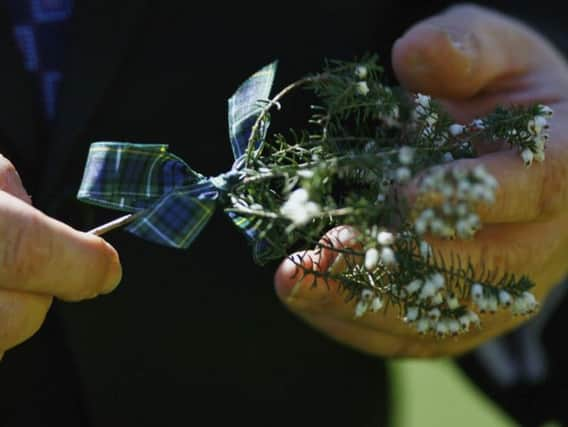15 ancient Scottish superstitions and their origins


Many superstitions date back to pagan times, and, in some form, they’re still around today - just as many other customs from the pre-Christian period have died out. Some of them pop up in everyday conversations - ”touch wood”, for example - while others are still adhered to, unconsciously or otherwise (even if you don’t believe that walking under a ladder will bring bad luck, you’d probably still avoid it; a smashed mirror, as well as bringing seven years of bad luck, would be a pain to clean up). Scotland has a unique set of superstitions - some well known, others less so. Since superstitions exist to give protection to the things we hold dear, a majority of them concern the shielding of family members - especially children - from harm. Here are some of the strangest from ancient Scotland.